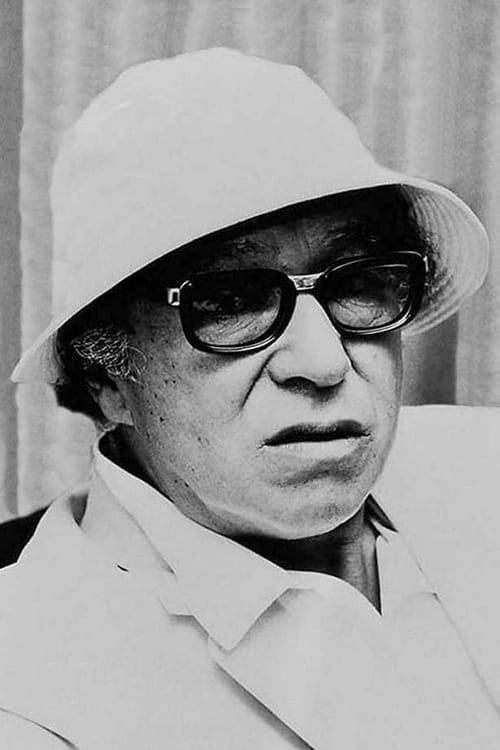Masaki Kobayashi
Nascimento : 1916-02-14, Otaru, Hokkaidō, Japan
Morte : 1996-10-04
História
Masaki Kobayashi (Otaru, 14 de fevereiro de 1916 – 4 de outubro de 1996) foi um diretor e roteirista japonês , mais conhecido pela trilogia épica The Human Condition (1959–1961), os filmes de samurai Harakiri (1962) e Samurai Rebellion (1967) e a antologia de terror Kwaidan (1964). Senses of Cinema o descreveu como "um dos melhores retratadores da sociedade japonesa nas décadas de 1950 e 1960". Kobayashi se considerava um pacifista e socialista, e resistiu recusando a promoção a um posto superior ao privado . Em 1944 ele foi transferido para Miyakojima nas Ilhas Ryuku , e foi feito prisioneiro perto do fim da guerra. Então ele passou um ano em um campo de detenção em Okinawa .

Screenplay
A new magistrate in the town of Horisoto—widely reputed to be the most lawless township in Japan, uses guile and his opponents' own misperceptions and prejudices to defeat his enemies and uproot corruption.

Self
In this 1993 video interview, filmed for the Directors Guild of Japan at Tokyo’s Haiyuza Theatre, director Masaki Kobayashi talks to fellow filmmaker and longtime Kobayashi admirer Masahiro Shinoda (DOUBLE SUICIDE) about THE HUMAN CONDITION.

Screenplay
This gripping docudrama is a fictionalized account of what could happen to a Japanese family when one of their sons shames them in front of the entire nation.

Director
This gripping docudrama is a fictionalized account of what could happen to a Japanese family when one of their sons shames them in front of the entire nation.

Writer
One of the major documentaries on a specific chapter in modern Japanese history, this look at the trial of Japanese militarists accused of war crimes is excellently handled by director Masaki Kobayashi. Kobayashi and his assistants had to plough through 30,000 reels from the proceedings of the International Military Tribunal which took place between May, 1946 and November, 1948. It took two days to read the charges against the 100 alleged war criminals in the docket (only 28 top officials are actually in the courtroom, which was limited in space), and the final judgment took one week to read.

Director
One of the major documentaries on a specific chapter in modern Japanese history, this look at the trial of Japanese militarists accused of war crimes is excellently handled by director Masaki Kobayashi. Kobayashi and his assistants had to plough through 30,000 reels from the proceedings of the International Military Tribunal which took place between May, 1946 and November, 1948. It took two days to read the charges against the 100 alleged war criminals in the docket (only 28 top officials are actually in the courtroom, which was limited in space), and the final judgment took one week to read.

Director
A very beautiful Japanese woman is in love with Persian carpets. She is being chased by lecherous Saburi Shin and a handsome young photographer. Lecherous Saburi Shin knows what she wants, and is able to produce it for her.
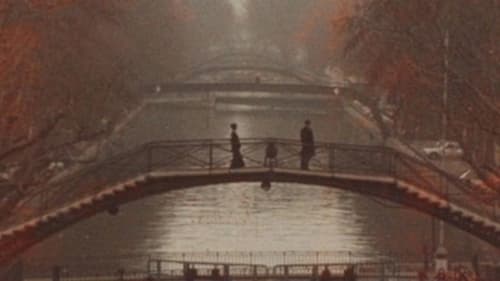
Director
An industrialist is diagnosed with terminal cancer. He is on a trip to Europe at the time, and a glimpse of a Japanese woman in that setting causes him to fantasize about her as the personification of his impending death. As his dialogue with his imagined mortality continues, he actually meets the living woman who is the template for his fantasy, and together they tour rural churches. Gradually he comes to some kind of peace about the diagnosis. When he returns to Japan, he is met with a series of challenges which profoundly test the lessons he has learned.

Director
The story takes place in feudal Japan, when any commerce with the rest of the world was strictly prohibited. An idealist suddenly appears in an isolated inn (the one that the title refers to), the head-quarters of a group of smugglers, with stolen money intended to ransom his loved one who is forced to work in a brothel.
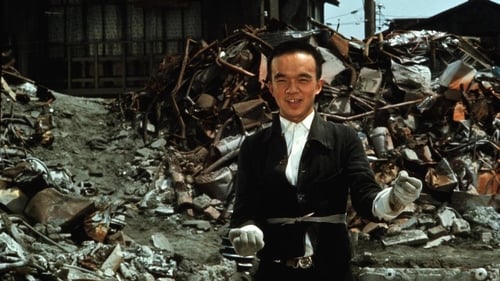
Executive Producer
Vários contos na vida de habitantes de favelas de Tóquio, incluindo um jovem mentalmente deficiente obcecado com a condução de seu próprio bonde. Ao mesmo tempo trágico e transcendente, esse filme de Akira Kurosawa acompanha o cotidiano de um grupo de pessoas maltrapilhas em uma favela nos arredores de Tóquio. Por mais desesperadoras que sejam suas circunstâncias, cada um deles - O pai e o filho sem teto imaginando a casa de seus sonhos; A jovem abusada pelo tio; O garoto que se imagina um condutor de bonde - encontra razões para continuar. O inesquecível Dodes'ka-den foi feito num momento tumultuado na vida de Kurosawa. E todas as suas esperanças, medos e paixão artística estão em exibição fervorosa neste filme, seu primeiro filme gloriosamente a cores. (e 12 - Estimado 12 Anos)
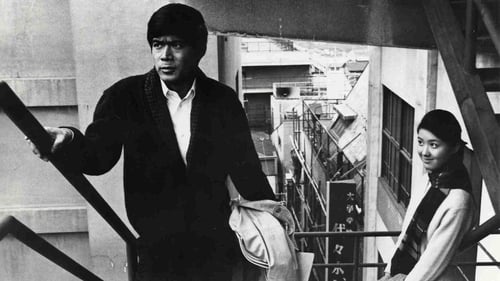
Director
Zensaku, middle-aged and deaf in one ear, learns that his son's fallen for the daughter of a war officer responsible for the maiming.
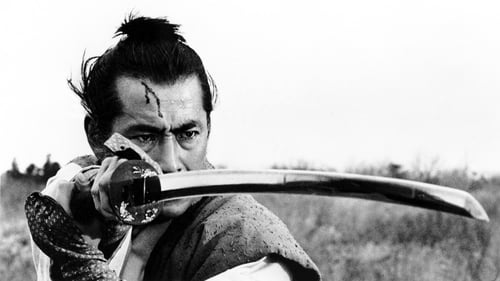
Director
A mãe do único herdeiro de um senhor feudal é raptada para longe do marido pelo lorde. O marido e o seu pai samurai devem decidir se acatam a decisão injusta ou arriscam a morte para recuperá-la.
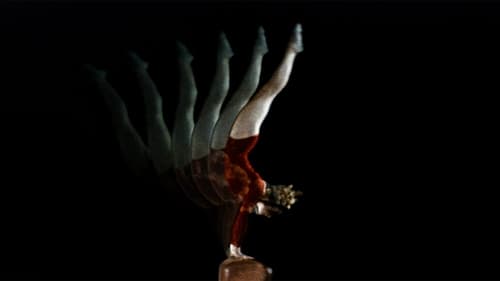
Thanks
As câmeras de Ichikawa seguem os Jogos Olímpicos de Verão 1964, da abertura à cerimônia de encerramento. Às vezes, ele concentra-se em espectadores, as vezes em atletas que passam em um borrão, às vezes ele isola um concorrente, outras vezes é um close up de músculos como um martelo é lançado ou uma barra levantada, ou assistir a uma corrida do início ao fim. Vemos vindo de trás ganha em 800 metros das mulheres e 10.000 metros dos homens. Nós seguimos um atleta do Chade desde a chegada às refeições, treinamento, competição e perda. Todo, o filme celebra a nobreza dos atletas empurrando-se para o limite, independentemente da vitória.
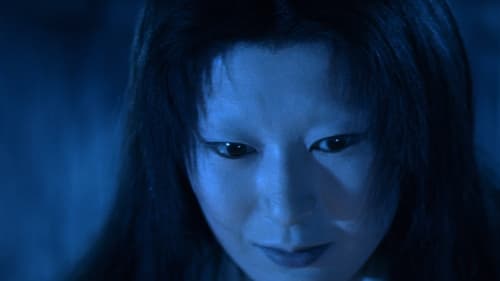
Director
Produção japonesa contada em quatro histórias. Em "Black Hair", samurai divórcia-se da mulher que ama para se casar com outra pelo dinheiro; em "The Woman in the Snow", lenhador encontra mulher congelada e o espírito dela aparece para revelar detalhes de sua vida, pedindo a ele que jamais conte a ninguém - mas dez anos depois ele esquece a promessa; em "Hoichi the Earless", o jovem e cego Hoichi vive num monastério e passa a cantar para fantasmas do império; e "In a Cup of Tea" fala de um escritor que vê uma misteriosa face refletida numa xícara de chá.
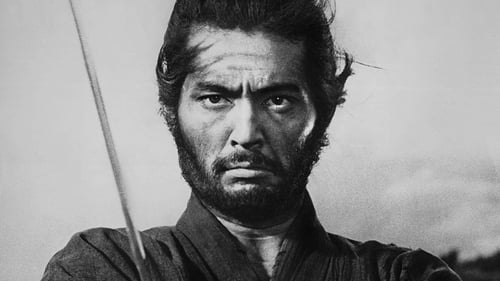
Director
Em um tempo de paz os samurais não eram necessários e estavam vivendo em completa miséria sem alguma casa para servir. Alguns pediam para realizar o harakiri dentro das residências de nobres apenas para extorquí-los; com pena, os senhores davam algum dinheiro ao guerreiro e o mandavam embora. Um nobre recebe um jovem samurai com este propósito e decide obrigá-lo a tirar a própria vida.
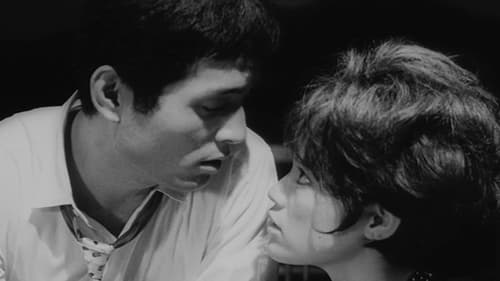
Producer
On his deathbed, a wealthy businessman announces that his fortune is to be split equally among his three illegitimate children, whose whereabouts are unknown to his family and colleagues. A bevy of lawyers and associates scheme to procure the money for themselves, enlisting the aid of impostors and blackmail.

Director
On his deathbed, a wealthy businessman announces that his fortune is to be split equally among his three illegitimate children, whose whereabouts are unknown to his family and colleagues. A bevy of lawyers and associates scheme to procure the money for themselves, enlisting the aid of impostors and blackmail.
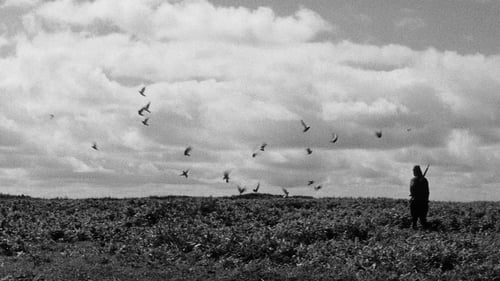
Producer
Nesta parte final da trilogia, Kaji é o único sobrevivente de sua unidade e acaba se rendendo ao exército Soviético. Ele é preso na Sibéria, onde espera melhor tratamento do que recebeu de seu próprio exército, mas, ao contrário, é acusado de assassinato e ameaçado de execução. Kaji tenta, desesperadamente, recuperar sua liberdade.

Screenplay
Nesta parte final da trilogia, Kaji é o único sobrevivente de sua unidade e acaba se rendendo ao exército Soviético. Ele é preso na Sibéria, onde espera melhor tratamento do que recebeu de seu próprio exército, mas, ao contrário, é acusado de assassinato e ameaçado de execução. Kaji tenta, desesperadamente, recuperar sua liberdade.

Director
Nesta parte final da trilogia, Kaji é o único sobrevivente de sua unidade e acaba se rendendo ao exército Soviético. Ele é preso na Sibéria, onde espera melhor tratamento do que recebeu de seu próprio exército, mas, ao contrário, é acusado de assassinato e ameaçado de execução. Kaji tenta, desesperadamente, recuperar sua liberdade.
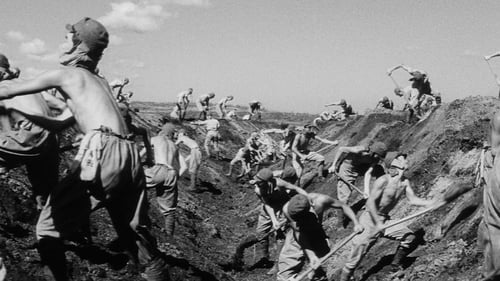
Producer
A trilogia humanista de Kobayashi continua tendo, neste segundo filme, o idealista Kaji sendo mandado à longínqua Manchúria e com as mais selvagens atrocidades ocorrendo durante a Segunda Guerra Mundial. Ao descobrir que os soldados são cruelmente maltratados pelo seu sargento e oficiais, Kaji resolve fazer um protesto.

Screenplay
A trilogia humanista de Kobayashi continua tendo, neste segundo filme, o idealista Kaji sendo mandado à longínqua Manchúria e com as mais selvagens atrocidades ocorrendo durante a Segunda Guerra Mundial. Ao descobrir que os soldados são cruelmente maltratados pelo seu sargento e oficiais, Kaji resolve fazer um protesto.

Director
A trilogia humanista de Kobayashi continua tendo, neste segundo filme, o idealista Kaji sendo mandado à longínqua Manchúria e com as mais selvagens atrocidades ocorrendo durante a Segunda Guerra Mundial. Ao descobrir que os soldados são cruelmente maltratados pelo seu sargento e oficiais, Kaji resolve fazer um protesto.

Screenplay
Kaji, um administrador civil pacifista, foi nomeado supervisor de um campo de prisioneiros na Manchúria durante a 2ª Grande Guerra. Seus problemas começam quando o tratamento humanitário com os trabalhadores das minas e os prisioneiros de guerra que Kaji supervisiona irrita seus superiores.

Director
Kaji, um administrador civil pacifista, foi nomeado supervisor de um campo de prisioneiros na Manchúria durante a 2ª Grande Guerra. Seus problemas começam quando o tratamento humanitário com os trabalhadores das minas e os prisioneiros de guerra que Kaji supervisiona irrita seus superiores.

Director
The story follows a university student who moves into an apartment building and becomes involved with a waitress. The landlord then attempts to evict the tenants and sell the building through illicit means.
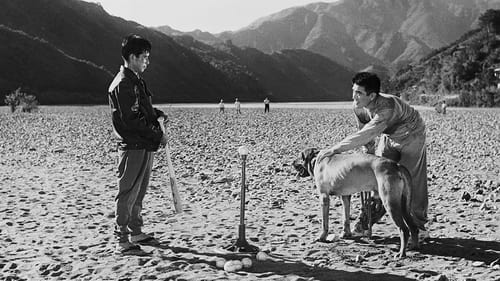
Director
A talent scout moves sharply, dead-set on signing a promising athlete to the baseball team the Toyko Flowers.
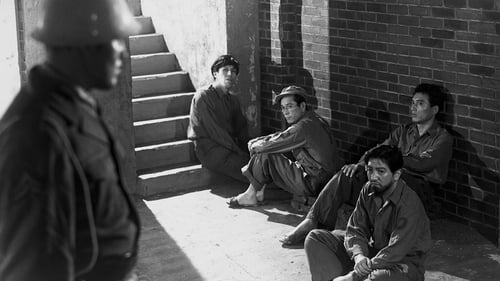
Director
Um grupo de soldados japoneses comuns é preso por crimes contra a humanidade, eles próprios vítimas de uma nação que se recusa a carregar o seu fardo como um todo.
Da coleção "Criterion Collection": "Entre os primeiros filmes japoneses a lidar diretamente com as cicatrizes da Segunda Guerra Mundial, por ser um filme com conteúdo inflamatório, o filme foi engavetado pelo estúdio por três anos antes de ser lançado."

Director
A botanist woos the secretary of an industrialist whose company threatens the local water supply.
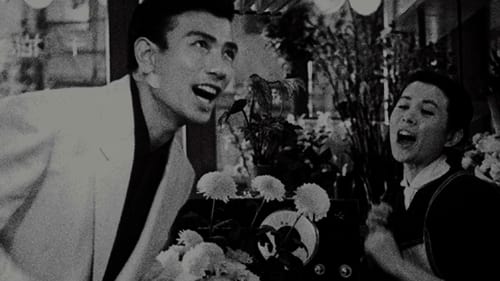
Director
Masaki Kobayashi directs this romantic drama concerning a family of florists.
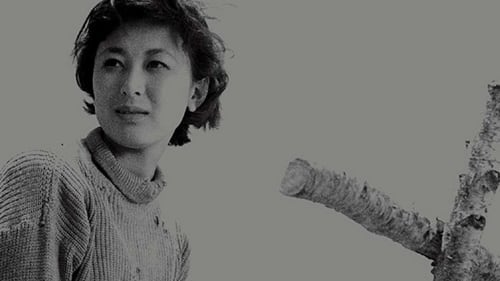
Writer
In a mountain village, Heita, a translator's son, is a gifted boy but is shunned by the villagers. He can imitate birds' cry and befriends another boy who works in a brewery. Heita also finds solace in the village pastor Yasugi and his teacher Michiko, but they too have problems of their own.

Director
In a mountain village, Heita, a translator's son, is a gifted boy but is shunned by the villagers. He can imitate birds' cry and befriends another boy who works in a brewery. Heita also finds solace in the village pastor Yasugi and his teacher Michiko, but they too have problems of their own.
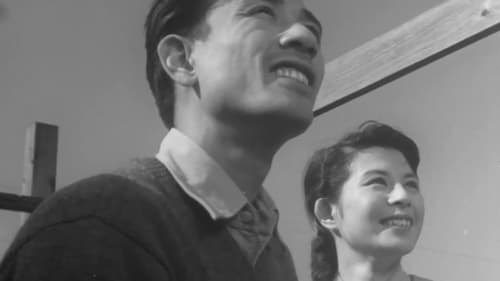
Director
This drama of middle-class life in postwar Japan tells the story lower-middle-class workers in the city of Kawasaki, and their troubles and travails.

Director
A young student falls into a hopeless romantic attraction to a sick girl, whom he can only see from afar.

Director
The story of a father and two teenaged sons, and the rivalry between the two siblings as they begin to discover the attraction of girls.
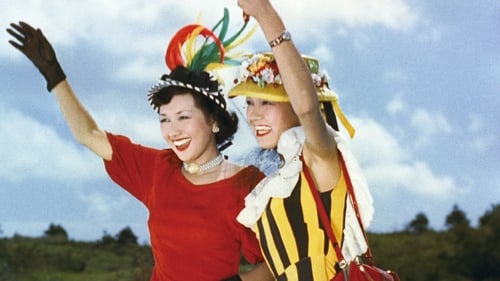
Assistant Director
A girl who'd left her hometown for the exciting adventure of the big city returns home years later for a visit, soon somehow causing scandal.

Assistant Director
When the future of his construction company falls into danger, a controlling father pushes his children into unsatisfying marriages and careers in order to regain financial stability.

Screenplay
When the future of his construction company falls into danger, a controlling father pushes his children into unsatisfying marriages and careers in order to regain financial stability.
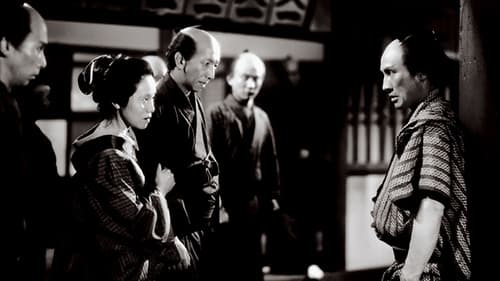
Assistant Director
Iemon Tamiya is an impoverished masterless samurai who craves a better life, which he cannot have because of his marriage to Oiwa, who is completely devoted to her husband.
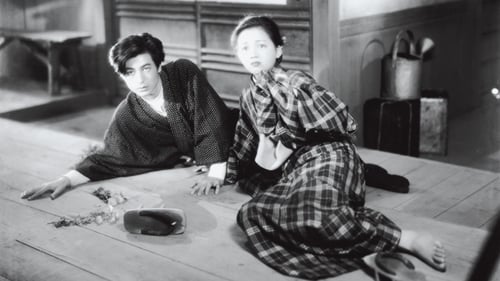
Assistant Director
A teacher at a Japanese school tries to hide his outcast upbringing.

Assistant Director
The mistress of a crook real estate broker comes to terms with her soulless existence after an artist paints her portrait.

Screenplay
Lost film, directed by Tomu Uchida. This film is a very funny comedy that makes fun of the moral code of the samurai Bushido, which has become obsolete and turned into an empty form during the period of feudalism.
